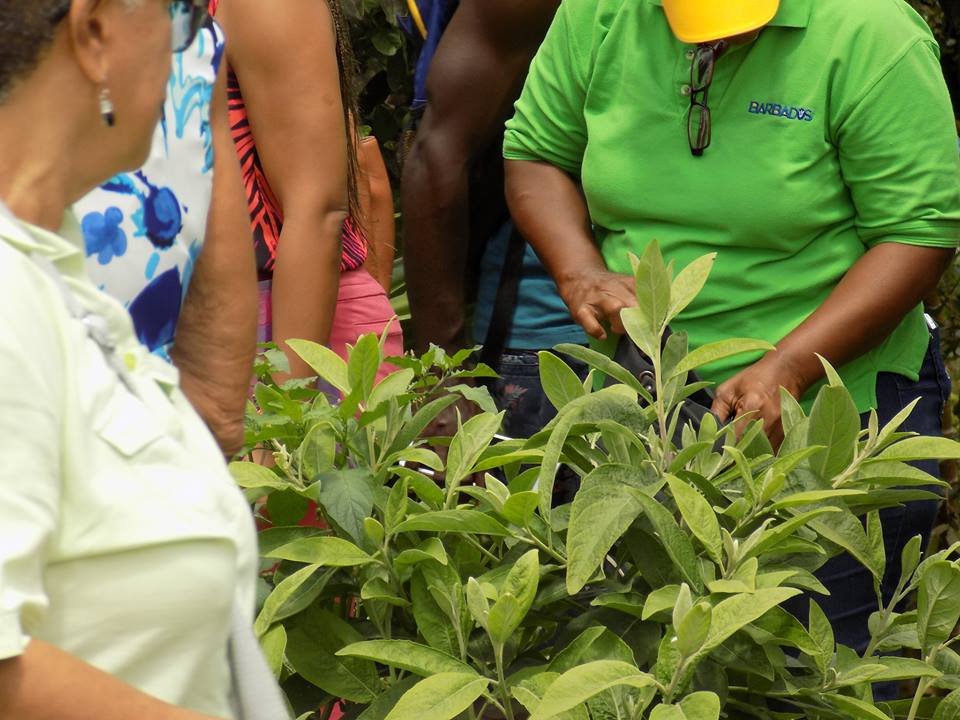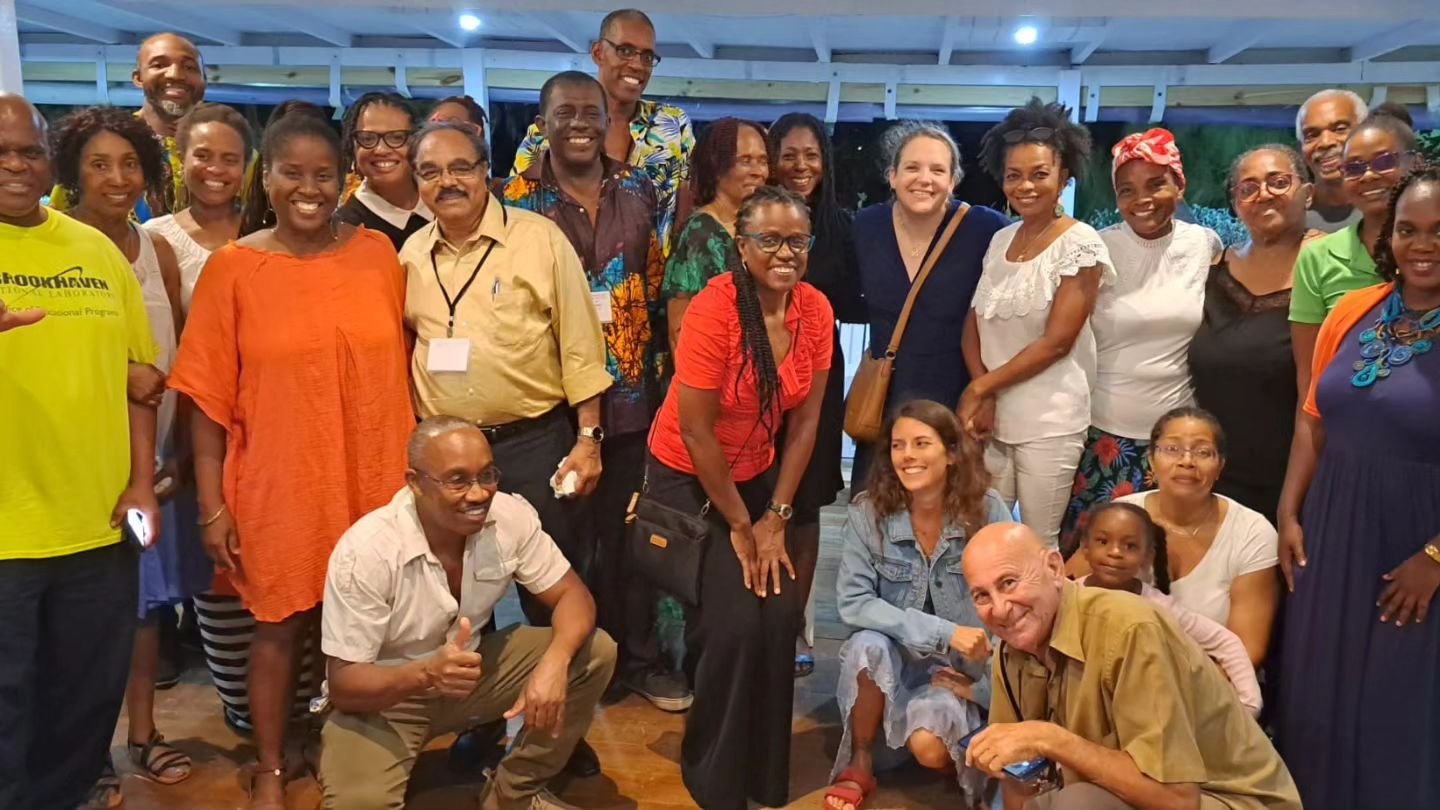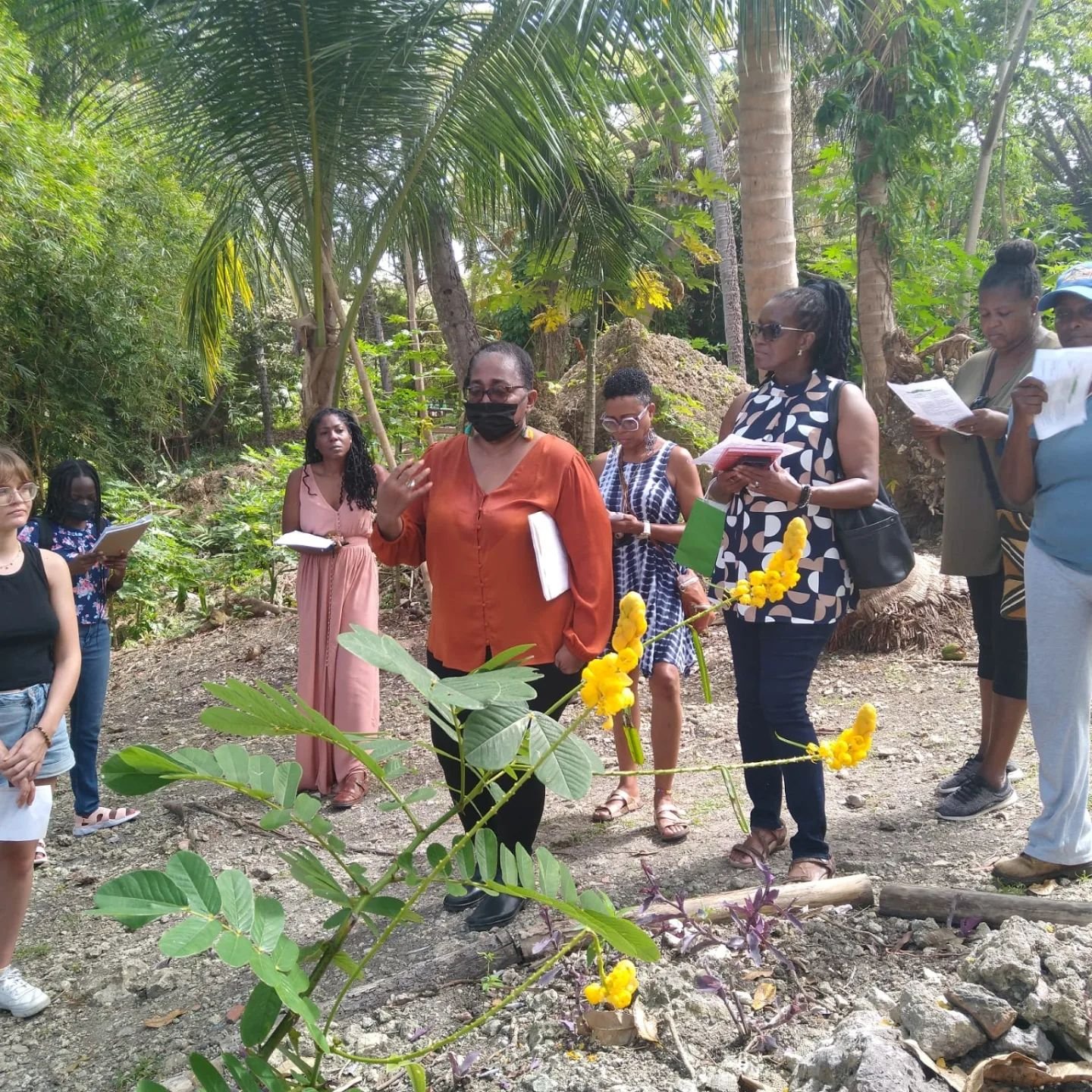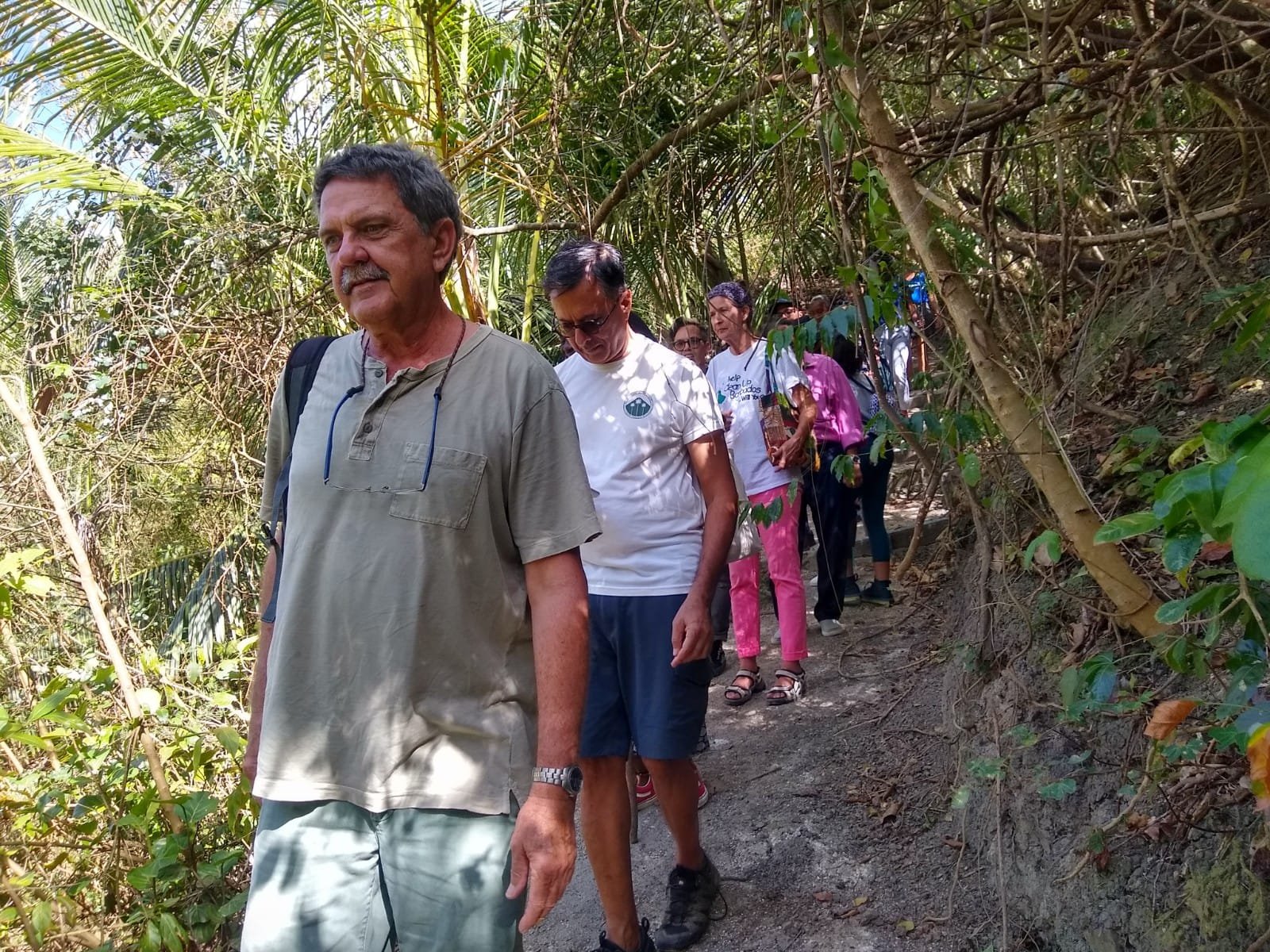
Transformation through Biocultural Education
The Biocultural Education and Research Programme was established officially in 2018 to promote the conservation of plant biodiversity in Barbados through education and research.
Our nonprofit organization is managed by a board and executive committee headed by Dr Sonia Peter, Chemist and Ethnobotanist practitioner.
We support education and research as tools to affect change in attitudes within communities and to enhance stakeholder respect for plant biodiversity and traditional knowledge.
The Vision
Our programme is designed to reach our stakeholder community via a number of platforms. Most notable is our biennial symposium Plants and Planting for the Future which was first held in 2019. This symposium is designed to share on topics related to developments in agriculture, food security and health including development of green spaces and drug discovery.
Speakers at Plants and Planting for the Future 2019: clockwise from bottom left - Dr John de la Parra, Dr Alvin Holder, Dr Jan Salick, Dr Ernest Anemone, Dr Jamila Jones (center).
Art & Biodiversity
Other projects include Art and Biodiversity which uses artistic interpretation to share the beauty and importance of indigenous fruit trees, with inhouse artist Llanor Alleyne producing the artwork.
This collage displays the textural qualities of the breadfruit and its foliage. This work will be presented as a colouring book in the hallmark tradition of botanical illustrations. A few specially embossed copies will be auctioned for fundraising.
Agroecology
The Agroecology project at Friendship Plantation, in St Andrew, will host a food garden with an apiary, and a collection of indigenous plants as a living library of the tradition of plant usage for medicine.
Gully root being harvested at the site of the living library by Programme Assistant Lian Gittens.
Schools Outreach
The schools outreach project will target ten schools initially to encourage establishment of biocultural collections. A mobile Herbal Museum is in development to expose students to biocultural education and promote an interest in aspects of conservation.
Girl guides learning about the value of the Lipstick Tree, Bixa orellana.
New Use Agriculture
Our new use agricultural component is most exciting as outputs will include the reintroduction of underutilized nutritive species, development of a form of biofuel and research into new agriproducts including medicinal teas and related interventions.
Cooling Teas are a significant part of our local tradition and a value added brand is a grand development.
Climate-Resilient Plants
BERP will also be contributing to research of plants in the Key Biodiversity Area (KBA) of the Scotland District for resistance to climate change parameters.
Students from the McGill University, stationed at the Bellairs Research Institute for their summer study programme, take part in the KBA data collection.










